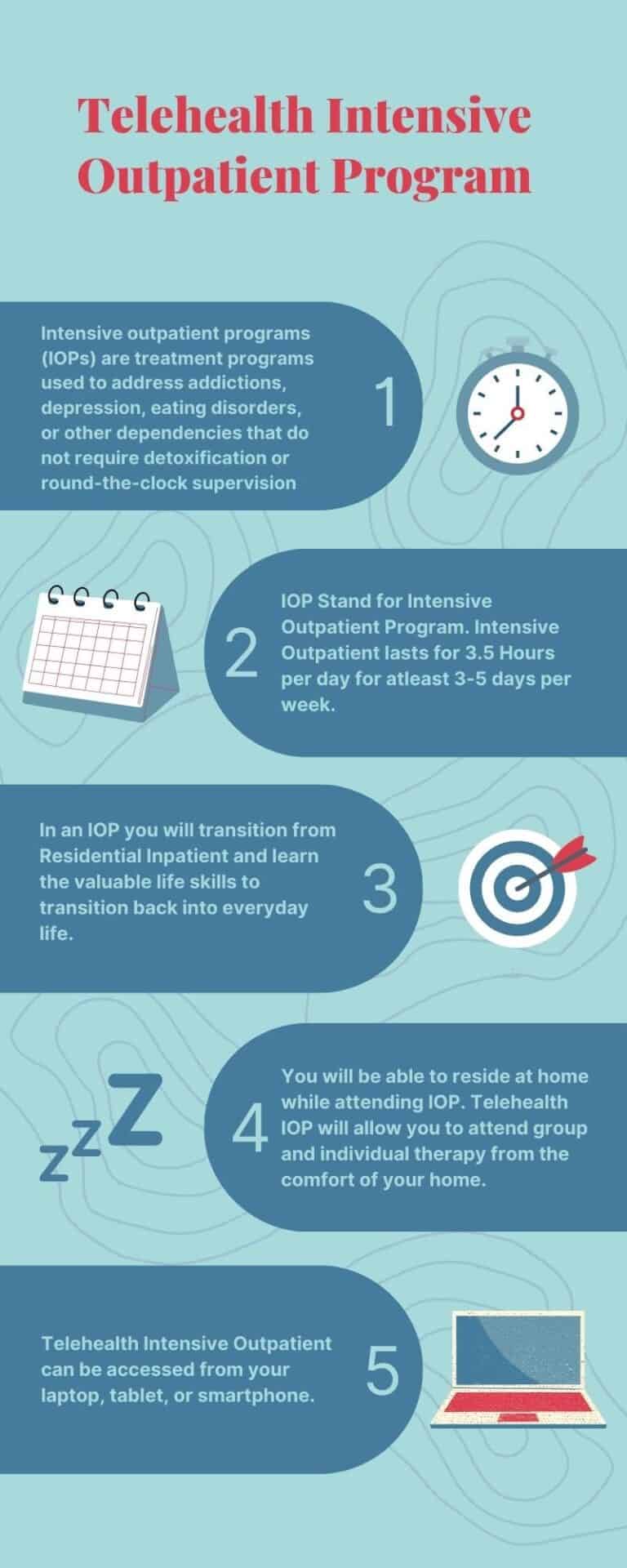Browsing the Intricacies of Dual Diagnosis Treatment Within an Extensive Outpatient Program Establishing
In the world of psychological health and dependency therapy, the crossway of twin diagnosis provides a nuanced obstacle that demands an extensive and customized approach. By checking out the details of dual diagnosis therapy within this extensive outpatient context, a clearer path emerges in the direction of all natural and sustainable healing for those grappling with these linked obstacles.
Dual Diagnosis Introduction
What is the importance of comprehending dual diagnosis in mental health therapy? It is crucial to recognize and resolve this comorbidity as it can significantly impact the performance of psychological wellness treatment.
Comprehending twin medical diagnosis is necessary as it requires a thorough and incorporated strategy to treatment. By recognizing the interaction between substance usage and mental wellness, health care suppliers can tailor treatments to satisfy the distinct demands of each individual. This holistic technique not only addresses signs but likewise targets underlying aspects that add to the twin diagnosis.
In addition, neglected twin diagnosis can bring about a cycle of relapse and aggravating psychological health signs. By identifying the complexity of twin diagnosis and offering customized treatment, health care specialists can support people in attaining long-term healing and boosted mental wellness.
Tailored Therapy Strategies
Acknowledging the complex interaction between compound usage problems and mental health conditions, the growth of customized treatment plans is vital in resolving the intricacies of dual diagnosis in mental health and wellness therapy. Customized treatment plans are personalized techniques that think about the one-of-a-kind demands, challenges, and goals of individuals dealing with double medical diagnosis. These strategies are created collaboratively by a multidisciplinary group of specialists, consisting of psychoanalysts, psycho therapists, social employees, and dependency specialists, to ensure comprehensive and integrated care.
Tailored treatment strategies usually include a mix of therapies, medicines, and behavioral interventions that target both the substance usage problem and the psychological wellness problem all at once. These strategies might include cognitive-behavioral therapy, dialectical behavior modification, medication-assisted therapy, private counseling, group therapy, and family members treatment, amongst other evidence-based interventions. By tailoring treatment strategies to specific scenarios, tailored plans can address the origin of double medical diagnosis, advertise long-lasting recovery, and improve total high quality of life for individuals struggling with co-occurring problems.
Integrated Care Method

By integrating social treatments like family members treatment, trade support, and community resources, the treatment becomes much more alternative and tailored to the individual's particular requirements. Generally, an incorporated care method in double diagnosis treatment within an intensive outpatient program setting intends to provide comprehensive, effective, and personalized care to people encountering co-occurring conditions (Intensive Outpatient Program (IOP)).
Difficulties in IOP Setting
In the context of double diagnosis treatment within an extensive outpatient program, browsing the complexities of co-occurring compound use problems and psychological wellness problems provides significant challenges. Among the main obstacles in the IOP setting is the control of treatment between psychological health and wellness experts and drug abuse professionals to guarantee an extensive therapy technique. This needs efficient communication, collaboration, and a deep understanding of just how these conditions interact and affect each other.
Furthermore, the ever-changing nature important use problems and psychological health problems adds an additional layer of complexity - Intensive Outpatient Program (IOP). Customers in an IOP may experience abrupt shifts in their signs and symptoms or compound cravings, needing prompt treatment and adjustment of therapy strategies. Stabilizing the intensity of therapy and assistance while enabling customers the versatility to handle their daily duties can be a delicate stability to maintain
Additionally, dealing with preconception and resistance to treatment within the IOP setting can restrain progress. Some people might be hesitant to reveal their twin diagnosis or might really feel ashamed, impeding their involvement in the therapeutic procedure. Getting over these barriers requires an encouraging and non-judgmental environment that promotes depend on and openness.

Collaborative Expert Initiatives

Collaborative efforts likewise expand to this post normal communication and information sharing among team members to make sure a natural treatment method. Eventually, an unified front of specialists functioning with each other boosts the performance of dual diagnosis therapy within an intensive outpatient program.
Conclusion
To conclude, efficient double diagnosis treatment within an intensive outpatient program setting needs tailored treatment plans and an integrated care method. Difficulties may occur in this setting, but collaborative efforts amongst specialists can aid browse these intricacies. By addressing the unique demands of people with co-occurring psychological health and wellness and compound use disorders, IOP programs can provide comprehensive and all see natural like sustain recuperation and total wellness.